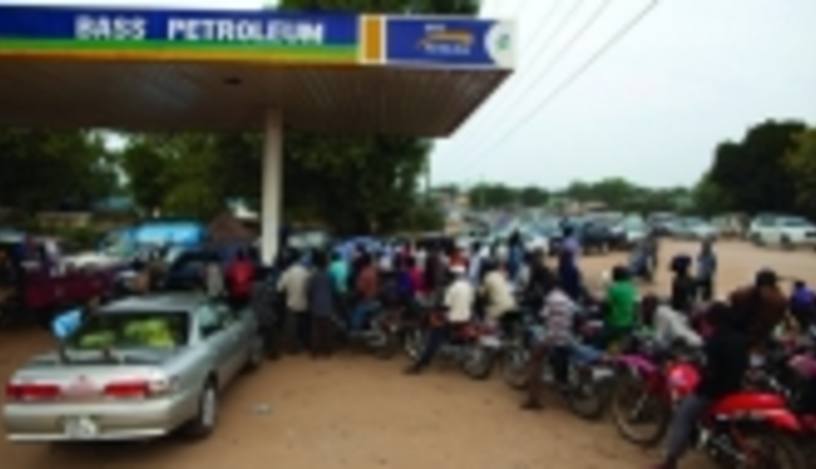The early years of the world’s 193rd country were always going to be tough. The southern part of Sudan was almost entirely neglected by Khartoum, Sudan's capital, after independence from the UK in 1956. A year earlier, a civil war began between the north and south that raged for 18 years, paused for eight, and resumed in 1982, ceasing only in 2005 with the signing of the Comprehensive Peace Agreement (CPA). By then, an estimated 2 million people had lost their lives in the conflict.
When South Sudan became a country on July 9, 2011, after an almost unanimous vote in favour of independence in a referendum in January 2011, it immediately became one of the most impoverished in the world. A country of a size comparable to that of France, it has almost no tarmac roads, and only a tiny proportion of the population is connected to a power or water network.












